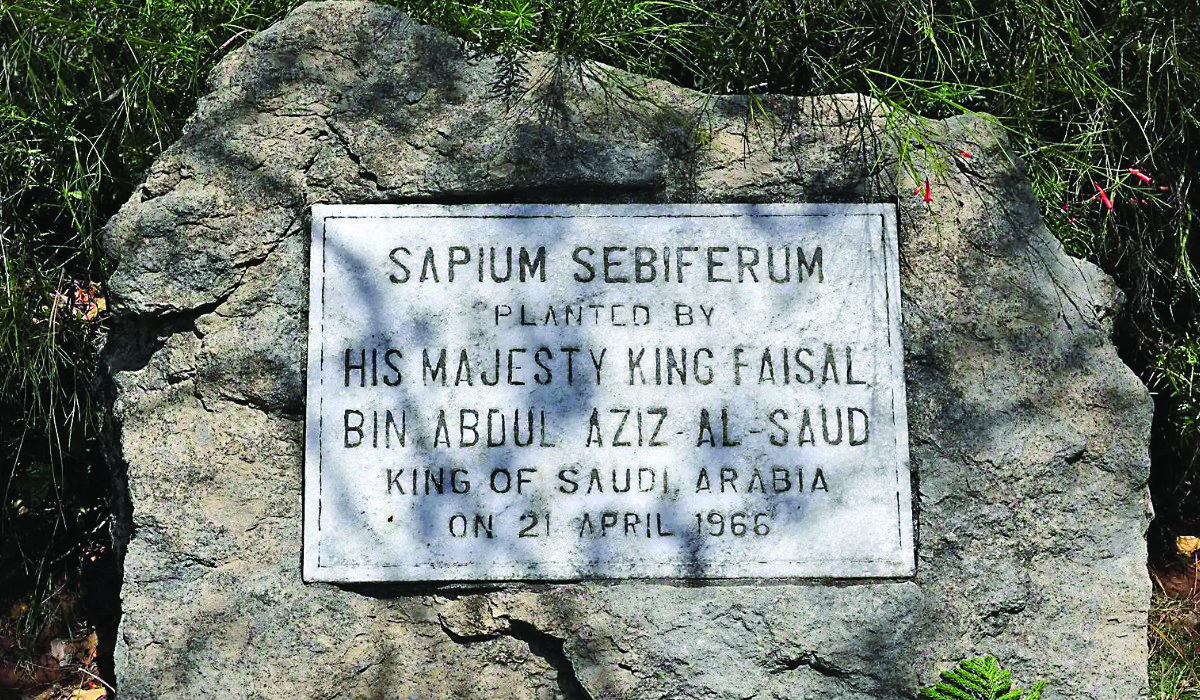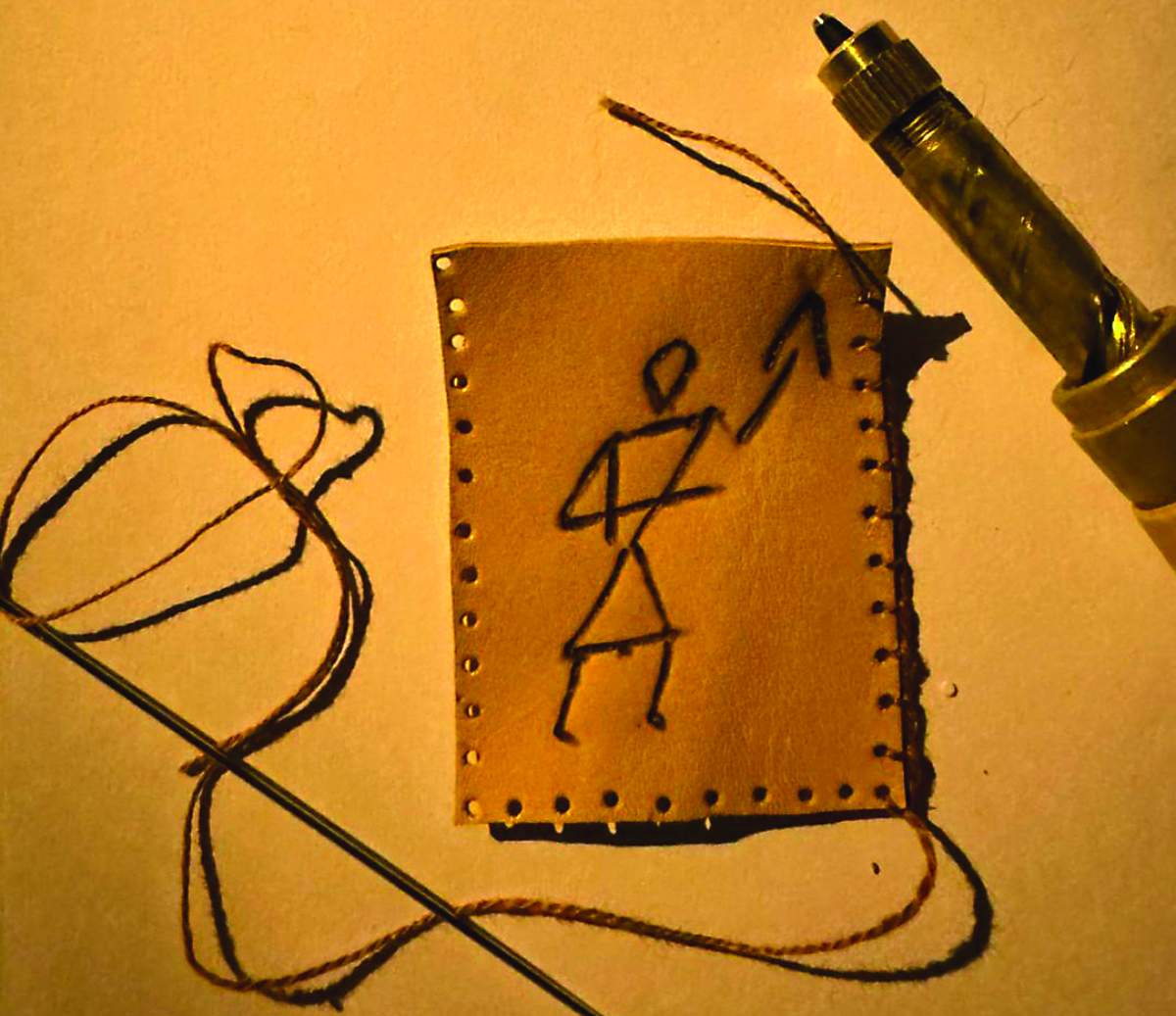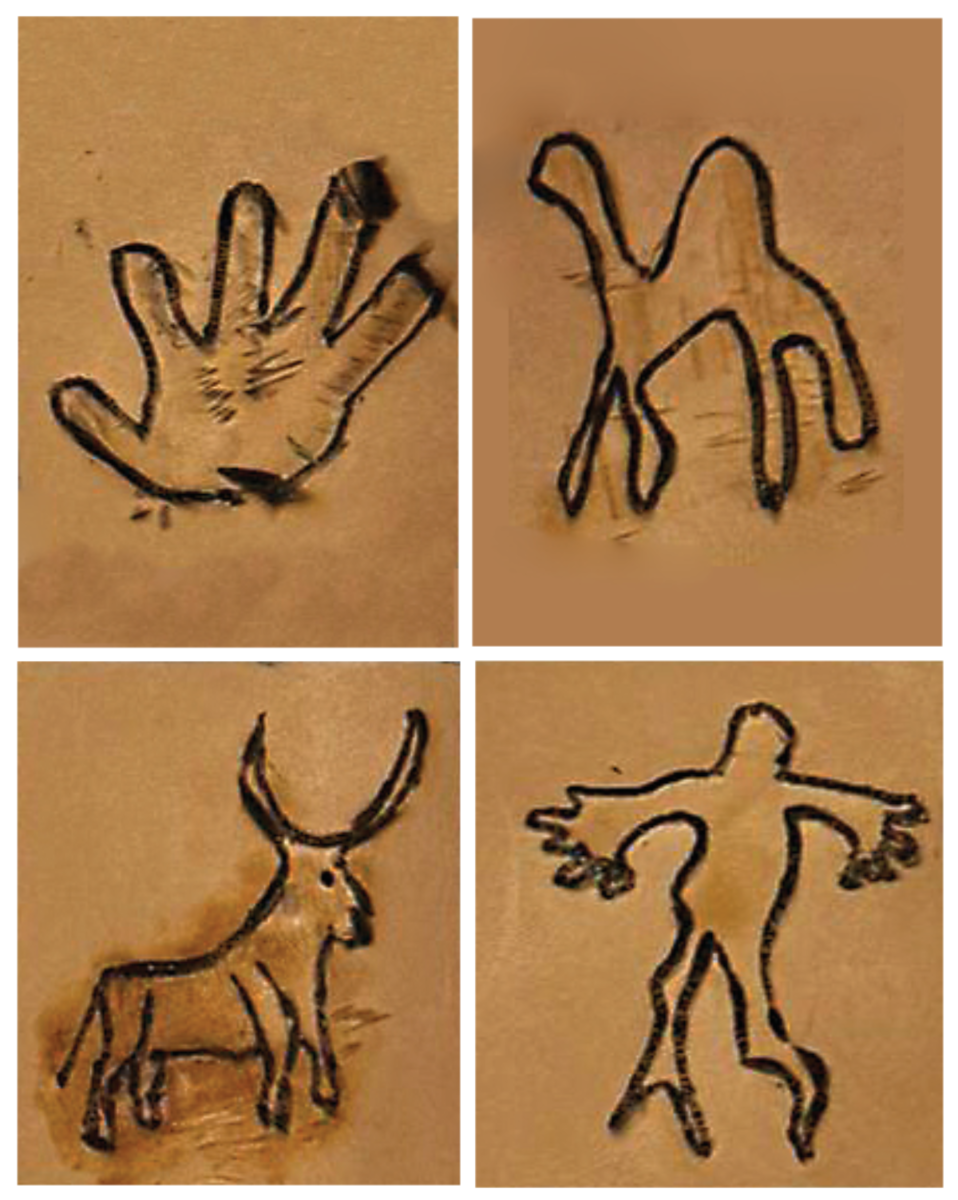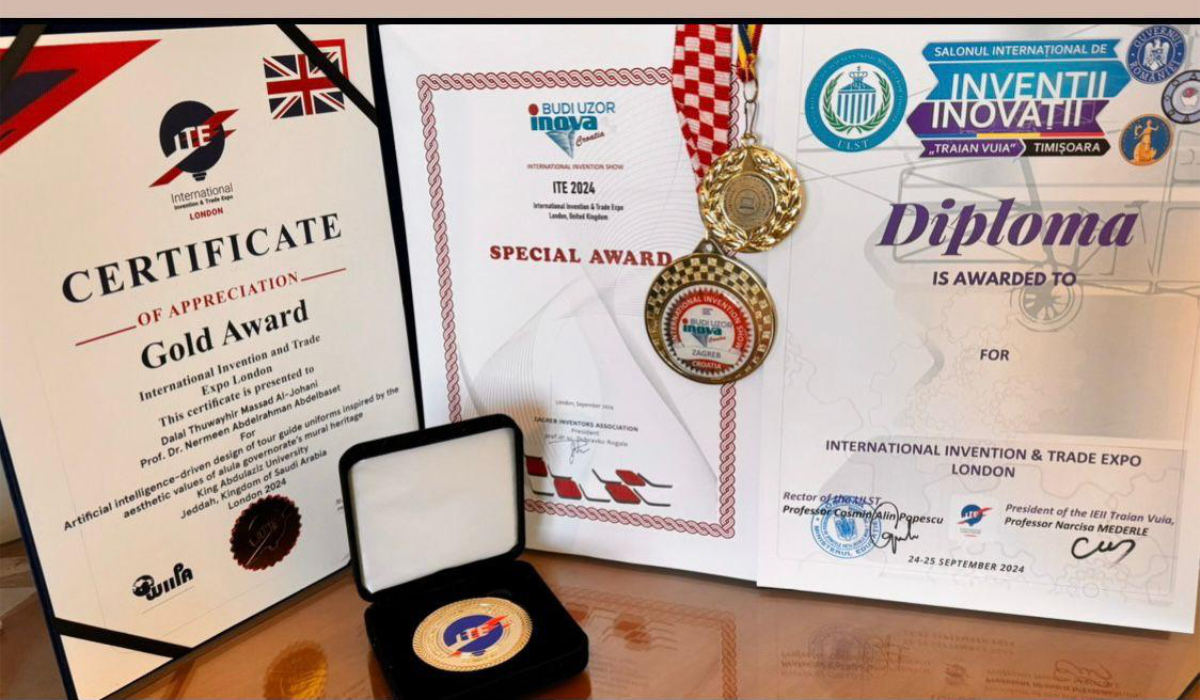MAKKAH: In the heart of Islamabad’s International Friendship Garden, a tree stands as a living testament to the enduring bond between Saudi Arabia and Pakistan.
The Sapium sebiferum, or Chinese tallow tree, was planted by King Faisal during his 1966 visit to Pakistan.

The Sapium sebiferum, or Chinese tallow tree, was planted by King Faisal during his 1966 visit to Pakistan. (SPA)
The tree’s presence in Shakarparian, as the garden is known locally, has inspired a wave of goodwill. Across Pakistan, streets, neighborhoods, mosques, and universities now bear the names of Saudi monarchs, reflecting the deep-rooted affection between the two countries.
The garden, home to trees planted by various world leaders, bursts into bloom each spring. Yet, for many Pakistanis, King Faisal’s tree, as it is locally known, holds special significance. It stands as a living reminder of the shared history and mutual respect between the two nations.
HIGHLIGHT
The presence of the tree planted by King Faisal in Shakarparian, as the garden is known locally, has inspired a wave of goodwill.
King Faisal was among the first guests to plant a tree in this garden, which blossoms with flowers in spring and has become a destination for tourists from around the world.

The Sapium sebiferum, or Chinese tallow tree, was planted by King Faisal during his 1966 visit to Pakistan. (SPA)
Dr. Salma Hawsawi, professor of ancient history at King Saud University, told Arab News: “The Sapium sebiferum tree holds an exceptional place and importance, connecting Saudi Arabia and Pakistan. It represents a model of international bonding for nearly 58 years, since the era of King Faisal.”
The “warmth and enthusiasm” displayed during the state visits are telling, she noted. “They reveal the deep-rooted connection and mutual respect that have grown between our nations over the decades.
“These trees, with their vibrant green hue, have long symbolized hope and prosperity,” Hawsawi explained. “Their robust root systems serve as the foundation for branches, leaves, and fruits. King Faisal laid down the primary foundation.”
The tree is known for its quick growth which “perfectly encapsulates the dynamic expansion of our bilateral ties,” she added, elaborating on how this natural metaphor extends to various facets of the countries’ partnership.
“We have witnessed this accelerated growth in our strategic partnerships, knowledge exchange programs, cultural dialogues, economic investments, and efforts toward political stability and peace. Trees embody growth, prosperity, stability, and continuity. These qualities are deeply ingrained in the multifaceted relationship between our two nations,” Hawsawi concluded.































